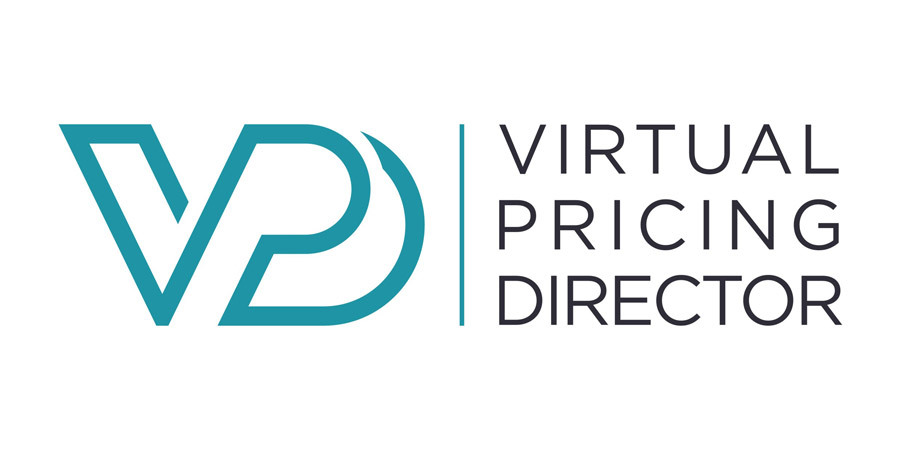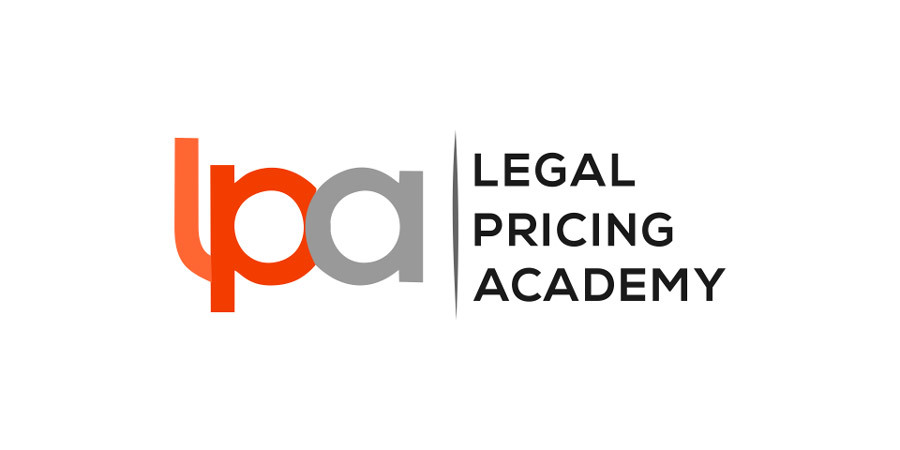Firms are struggling to deal with commercial clients such as banks and other large corporates who at least outwardly eschew all attempts to develop a relationship, add value and differentiate the offering. Price is all that matters.
In recent weeks, I have been hearing more and more concerns from firms that are struggling to deal with commercial clients such as banks and other large corporates who at least outwardly eschew all attempts to develop a relationship, add value and differentiate the offering. They are simply telling firms that they are either the lowest bidder or they’re ‘out on the street’.
As one colleague put it to me a few nights ago; “How the hell do you deal with that attitude – your value billing mumbo jumbo can’t deal with that?” Wrong, but a fair question nonetheless.
And before you think, 'this doesn't apply to me', the problems (and the solutions) are the same for all clients, regardless of size.
Pricing involves a negotiation - some are lousy at it...
The first thing to understand is that pricing is a negotiation and negotiation is a skill. Ergo, if you are no good at it, you are going to be beaten into submission by your better prepared, more confident, more skilled and better resourced opponent every time.
Most lawyers are good negotiators, except when it comes to their own fee where they often struggle. Yet despite this fact and the fact that clients are often well prepared and assisted by procurement negotiation professionals, I am unaware of any firm consistently using skilled procurement professionals to help them negotiate. Firms that are prepared to look at this will have a considerable advantage.
As a result, many lawyers find themselves powerless to deal with procurements standard playbook, often consisting of one or more (sometimes all) of the following:
• Representations that all bids will be considered when the successful bidder has already been decided
• Indiscriminate, arbitrary and capricious inclusion of lop-sided contract terms to see which ones stick
• Representing that an agreement is concluded only to reopen negotiations in an effort to extract even better terms
• “Nibbling” resulting in scope creep for which there is a flat refusal to pay
• Changing the terms and deadlines of a price negotiation to unbalance the other side
• Refusing to provide adequate detail upon which to base an informed bid
• “My way or the highway” statements intended to convey indifference as to whether you or another firm gets the work.
Added to these challenges the firm often has to deal with different procurement dynamics. Internal procurement people tend to have quite different drivers and motivations to independent procurement companies and in-house legal teams and GCs are different again.
Then there are the different procurement personality types; collegial (the wolf in sheep’s clothing), professional (understands that in really successful negotiations, there must be some meat on the bone for both sides), and Kamikaze (the ranting, bullying, bombastic blow-hard) and so forth.
I am continually amazed at how much time, effort and money is devoted to assembling proposals without knowing the answers to some very basic questions about the clients buying agenda.
For true commodity services, I have no problem with a one-page/email submission. However, if it requires any more effort than that, you need to step back and take time to understand the rules of this particular game.
Qualify the client and the opportunity before even thinking about price...
It is important to ask some reasonable questions which are designed to help you understand the role and agenda of procurement as well as the competitive landscape. For example:
• What is the process for evaluating firms and their proposals?
• What are the names and positions of everyone involved in the process?
• Who is the ultimate decision maker and will we have any opportunity to interact with them or is someone else running interference?
• How many bidders are being considered and who are they?
• How many firms does the client wish to end up with?
• What are the selection and evaluation criteria?
• When and how do we get an opportunity to understand how we can add more value to the relationship?
• If you have no existing relationship with the client, why are you being asked to bid?
I encourage firms to systematically develop an information baseline using questions like these in order to triage and qualify those bids and pitches in which they should invest resource responding to.
I have often seen the situation where the in-house team or procurement has put together a bid information memorandum and then flatly refused to provide answers to even the most reasonable questions. That sort of approach is in my view disingenuous and quite possibly intended to deceive and confuse. It often signals another agenda.
Either way, you are probably on a hiding to nothing. My advice; run a mile and let some other mug ‘win’ the work.
Once you have a good understanding of what you are up against, it is time to get to work on preparing your strategy so that the negotiations are just that, a negotiation, and not an unconditional surrender.
More on that in future posts.

